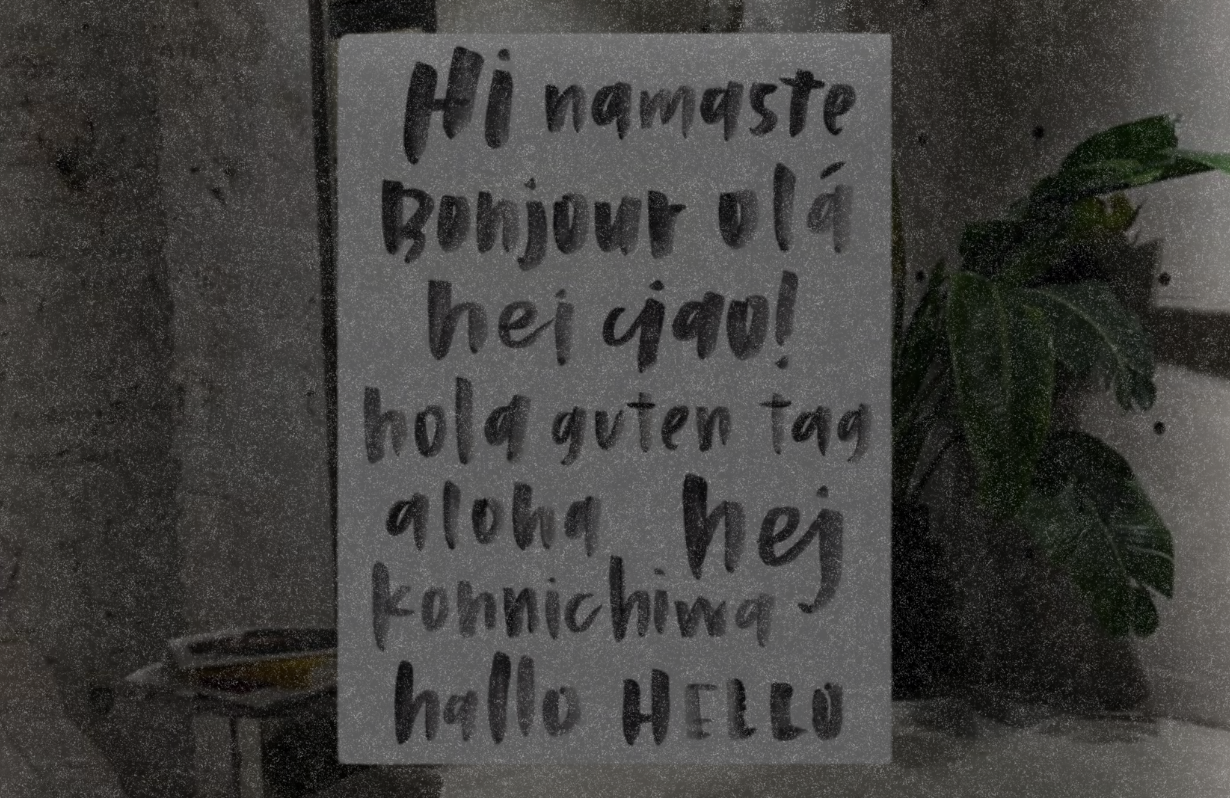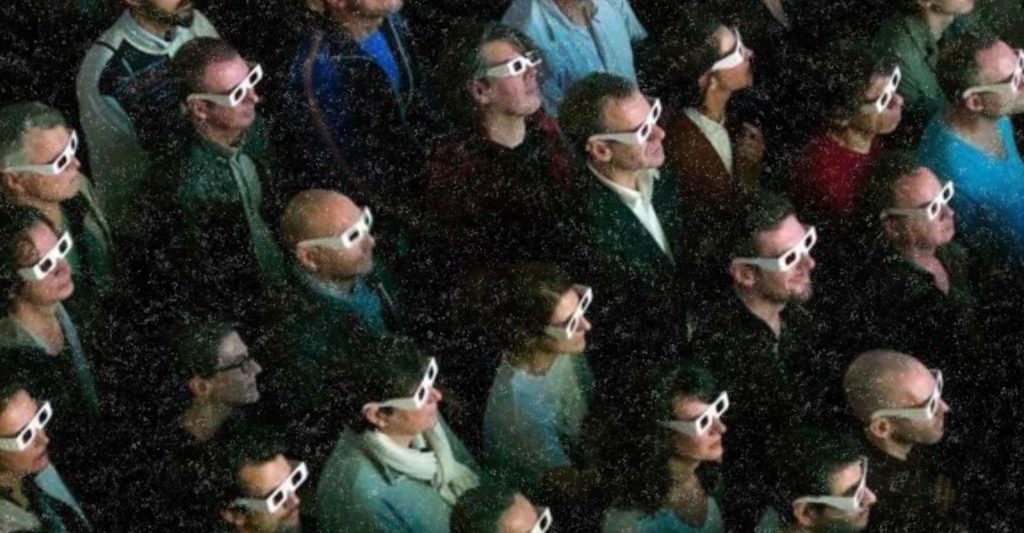
Hej! Howdy! and Other Small Steps in the Right Direction
On the campus of Texas A&M in College Station, where I spent four years as an undergrad, there are dozens of traditions that go back to A&M’s legacy as a military institution. Perhaps the friendliest of those traditions is the practice of saying “Howdy” to strangers as you pass them on campus (“Howdy” is an abbreviation of “how do you do?”). The degree to which students are devoted to this practice depends on their tenure at the university (Freshmen are typically more enthusiastic than Seniors), their affiliation with A&M’s Corps of Cadets (the military ROTC program that comprises 3-5% of the student population), and the degree to which they have internalized the university’s norms and philosophies.
In November, NPR aired a story that made me reminisce about those years in College Station. The focus of the story was a public policy innovation in northern Sweden in the small city of Luleå. It seems that the Swedes, known for their affordable furniture and for sending the U.S. Women’s national soccer team home from the World Cup, are not known for being the world’s most gregarious with strangers—and the government of Luleå is concerned, primarily about the reported loneliness of its residents.
They’re not the only ones concerned. In November, the World Health Organization (WHO) called the “silent epidemic” of post-pandemic loneliness a “global public health concern,” on par with a 15 cigarettes per day smoking habit in terms of wellbeing and posing a greater health risk than obesity and physical inactivity. “Social isolation and loneliness do not just harm individuals,” the WHO’s Commission on Social Connection warns; “they also have a negative impact on entire communities and societies. Research shows that [communities’] safety, prosperity, and effective governance depend greatly on the quality of the social connections within its neighbourhoods, workplaces, and schools.” Global estimates suggest that up to one in seven adolescents and one in ten young adults are lonely.
“Given the profound health and societal consequences of loneliness and isolation,” U.S. Surgeon General Vivek Murthy believes “we have an obligation to make the same investments in rebuilding the social fabric of society that we have made in addressing other global health concerns, such as tobacco use, obesity, and the addiction crisis.“
In response, the City of Luleå has launched a campaign they’re calling, “Säg hej!” (say hi!), complete with placards on buses and workshops in schools to teach the practice. The city’s goal in fostering more social interactions, however small, is not merely to make Luleå a friendlier city but to help residents “feel seen,” according to a city worker credited with hatching the idea. In Sweden, but also world round, we aren’t interacting with each other to the extent we used to, says Stockholm School of Economics professor Micael Dahlen. “This accelerates in winter time when we’re outdoors less, social less.”
Does this practice have the potential to be misunderstood? Probably. It’s unfortunate, but we’ve grown accustomed to being greeted by strangers who want something from us: spare change, our phone number, a signature on their petition, our contact information for their promotional offer, etc. At A&M, I myself was lukewarm about our variety of the “say hi” tradition and found it off-putting at times to be greeted with a forceful “Howdy!” from an unfamiliar face with whom I had not even made eye contact.
But does the Howdy tradition make A&M friendlier and contribute to social wellness? Texas A&M is one of the Lone Star state’s two largest universities, together with the University of Texas at Austin, which has its own traditions—to be sure—but not the gregarious “Howdy” that Freshmen at A&M are indoctrinated with. To my knowledge, no academic comparison of wellbeing or loneliness between students at the two universities has been conducted, at least not one that included the Howdy tradition as a potential factor.
Fortunately for us, the WHO claims that “[p]romising solutions exist to reduce social isolation and loneliness, ranging from broad national policies to psychological interventions for individuals.” The City of Luleå’s campaign to help residents feel seen may be a small step in the right direction, but I’m hopeful that small gestures like this one in Northern Sweden could snowball into measurable social connection and become role models for the rest of us to try, wherever it is we call home.
“A journey of a thousand miles begins with a single step.” – Lao Tzu






